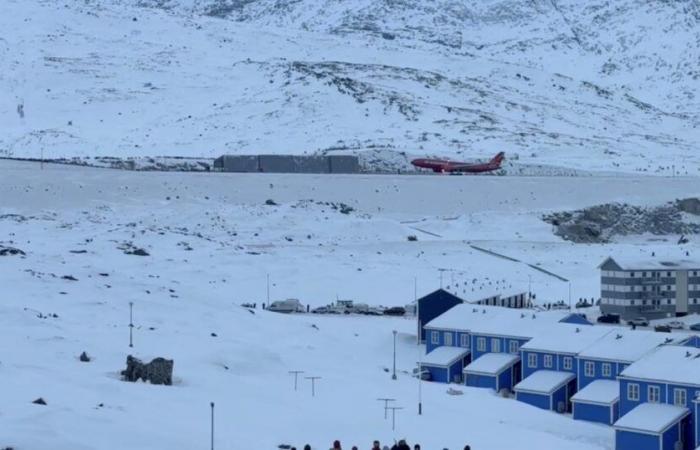It may seem a cliché to say that a bureaucratic institution like the European Commission would be capable of experiencing a geopolitical earthquake that shakes windows and floors. Yet this is exactly what happened when Russia invaded Ukraine in 2022.
It was, of course, a military aggression against a European country. But also the awareness, by many European countries, of their dependence on Russian oil and gas. They feared that Putin, by turning off the tap, could paralyze thousands of European businesses and cut off the heat in millions of homes in Europe.
Soon after the invasion, it fortunately turned out that European countries were able to manage without Russia. Europe got away with the fear, at least this time. But the lesson learned by Brussels was that Europe must never again become dependent on dictators and autocrats.
However, the situation risks recurring. Today it is not just about oil and gas, but about copper, lithium and magnesium, among others.
China provides, by far, the majority of global production of minerals and metals that Europe will need in the future to manufacture wind turbines and electric cars, but also mobile phones, computers and systems. of weapons.
Greenland, a “great power”
The European Commission therefore now has its eyes turned towards Greenland [un pays constitutif autonome non reconnu comme une nation, mais faisant partie du royaume du Danemark, État membre de l’Union européenne]whose subsoil contains no less than 25 of the 34 ores and metals – also called raw materials – that the European Union (EU) considers to be the most critical for continuing its technological development.
Last March, Commission President Ursula von der Leyen traveled to the capital Nuuk to inaugurate the first EU office in Greenland. In mid-September, it was the turn of the European Commissioner for International Partnerships, Jutta Urpilainen, to make the long journey from Brussels to Nuuk and, these days, the EU Commission is working to facilitate the visit to Greenland a large delegation of European companies and financial institutions.
The Commission hopes that companies can come to an agreement with the Greenlandic government to launch mining projects to extract coveted raw materials from Greenland's subsoil in order to reduce Europe's dependence on China . “Greenland is something of a great power when it comes to critical raw materials,” says the European Commissioner for International Partnerships, Jutta Urpilainen, that The politics met during her visit to Nuuk.
“A gigantic country”
So the EU needs Greenland, but Greenland apparently also needs the EU. In any case, it seems that the EU is pushing down an open door. Erik Jensen, responsible for finance and tax affairs in the Greenlandic government, emphasizes Polit






